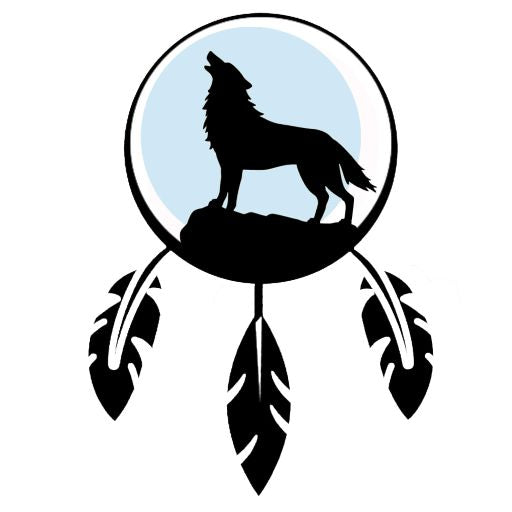What does "indigenous" mean?

What does "indigenous" mean? A simple definition and cultural context
The term "Indigenous" refers to peoples who have inhabited a territory since time immemorial, long before the arrival of outside populations. In the North American context, this word refers to peoples who have maintained a deep connection to their lands, languages, values, and traditions for millennia.
Simple definition of the word native
To be Indigenous means to be native to the territory where one lives. The term encompasses peoples who have developed distinct cultures, shaped by their environment, their history, and their spiritual relationship with the land. It is as much a territorial belonging as it is a cultural and community identity.
Origin of the word and etymological meaning
The word “Indigenous” comes from the Ancient Greek autokhthon , meaning “born of the earth.” This origin underscores the central connection between Indigenous peoples and their territory. This relationship is not merely geographical; it is spiritual, historical, and cultural. The territory represents far more than a place; it is an integral part of identity, stories, and traditional practices.
Who are the Indigenous peoples of Canada?
Indigenous peoples encompass several distinct groups, each with its own unique traditions, languages, and ways of life. In Canada, the most prominent are:
- First Nations : They include a wide diversity of nations, such as the Cree, the Iroquois, the Algonquins, the Mi'kmaq and many others, each with its own social organization, practices and history.
- The Inuit : Present in the Arctic regions, they have developed a culture adapted to northern environments and possess deeply rooted traditions.
- The Métis : Born from a mixed heritage between Indigenous peoples and Europeans, this nation possesses a unique culture and history of its own.
Difference between Indigenous, First Nations, Métis and Inuit
The word “Indigenous” is a broad term. It encompasses the three main groups recognized by the Canadian Constitution. “First Nations” specifically refers to non-Métis and non-Inuit peoples, while Métis and Inuit each represent distinct cultural identities. Each of these identities has its own practices, value systems, and languages.
The cultural significance of the term indigenous
For many communities, being Indigenous means keeping alive the traditions, languages, rituals, and teachings passed down through generations. Indigenous identity is deeply connected to ancestors, territory, spirituality, and cultural responsibilities. This belonging is expressed in the arts, ceremonies, oral traditions, relationship with the natural world, and community ways of life.
Current issues and realities
Despite the richness of their cultures, Indigenous peoples face several contemporary challenges, including:
- Land protection : Several communities are still claiming their territorial rights as a result of colonial history.
- Preserving languages : Many indigenous languages are threatened, jeopardizing millennia-old knowledge.
- Individual and collective rights : The struggle for recognition, respect for treaties, self-determination and social justice remains at the heart of current realities.
Why understanding this term is important
Understanding what the word "Indigenous" truly means allows us to appreciate the cultural depth, the diversity of nations, and the essential contributions of these peoples. It also helps us recognize the historical realities, contemporary challenges, and aspirations of communities, in a spirit of respect and understanding.
Conclusion
The word "indigenous" is much more than a simple designation. It represents an ancient belonging, a cultural continuity, a deep connection to ancestors and the land. By learning about its meaning and scope, we contribute to valuing the cultural richness of these peoples and recognizing their historical and current place in our society.
